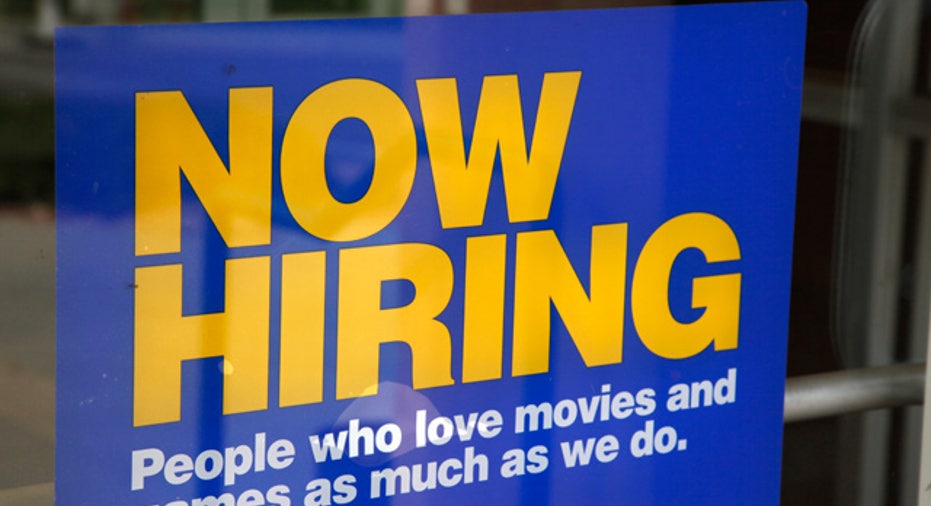Entrepreneurship is Alive and Well, So Where Are the Jobs?

Though entrepreneurship survived the Great Recession and is currently near a 16-year-high level, it hasn’t caused much of a bump in actual job creation in the U.S., a new study shows. That’s because startup founders remained more likely to fly solo than employ others.
The latest Kauffman index of entrepreneurial activity, a leading indicator of new business creation in the U.S., shows that 0.32 percent of American adults created a business per month last year — a 5.9 percent drop from 2010, but still among the highest levels of entrepreneurship over the last 16 years.
But there hasn't been a parallel rise in job creation, which flies in the face of the received wisdom that startups are the job-generating engine of the U.S. economy.
"The Great Recession has pushed many individuals into business ownership due to high unemployment rates," said Robert Litan, vice president of research and policy at the Kauffman Foundation, a nonprofit group that publishes the index. "However, economic uncertainty likely has made them more cautious, and they prefer to start sole proprietorships rather than more costly employer firms. This 'jobless entrepreneurship' trend negatively effects job creation and the larger economic recovery."
Capturing new founders in their first month of significant business activity, the Kauffman index provides the earliest documentation of new business establishment across the country. The percentage of the adult, non-business-owner population that starts a business each month is measured using data from the monthly Current Population Survey, conducted by the U.S. Bureau of the Census and the Bureau of Labor Statistics. It provides the only national measure of business creation by specific demographic groups.
Though both immigrant and native-born entrepreneurial activity declined slightly in 2011, immigrants remained more than twice as likely to start new businesses as were the native-born.
Entrepreneurship growth was highest among 45- to 54-year-olds, rising from 0.35 percent in 2010 to 0.37 percent in 2011. The youngest group (ages 20 to 34) also showed a slight increase. In contrast, the 35- to 44-year-old and 55- to 64-year-old groups experienced declines in entrepreneurial activity rates from 2010 to 2011.
"Entrepreneurial activity rates reflect changing demographics," said Robert W. Fairlie, the study's author and director of the master's program in applied economics and finance at the University of California, Santa Cruz. "Despite a slight decline in entrepreneurial activity rates this year, the share of new 55- to 64-year-old entrepreneurs has risen from 14.3 percent in 1996 to 20.9 percent in 2011 due to an aging U.S. population."
Reach BusinessNewsDaily senior writer Ned Smith at nsmith@techmedianetwork.com. Follow him on Twitter @nedbsmith.
Copyright 2012 BusinessNewsDaily, a TechMediaNetwork company. All rights reserved. This material may not be published, broadcast, rewritten or redistributed.
Read more from BusinessNewsDaily:



















